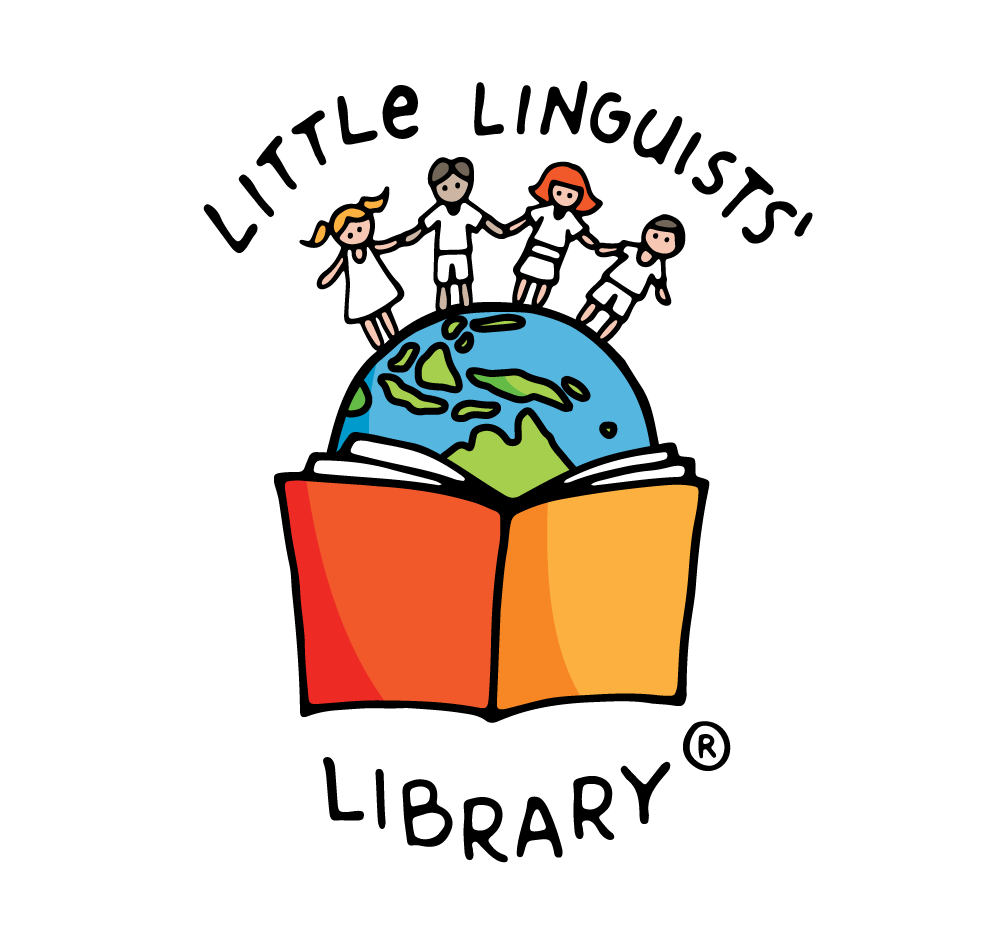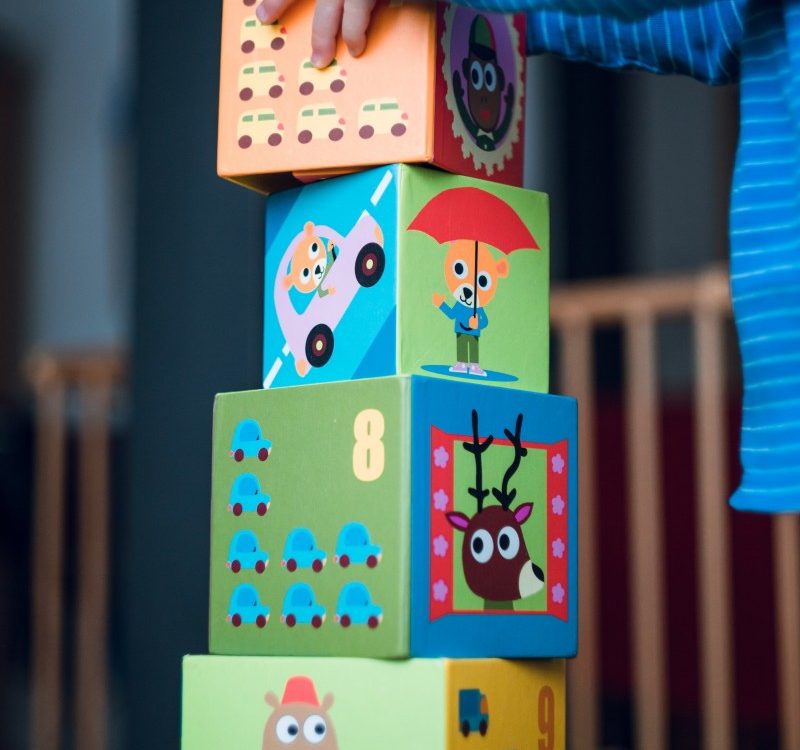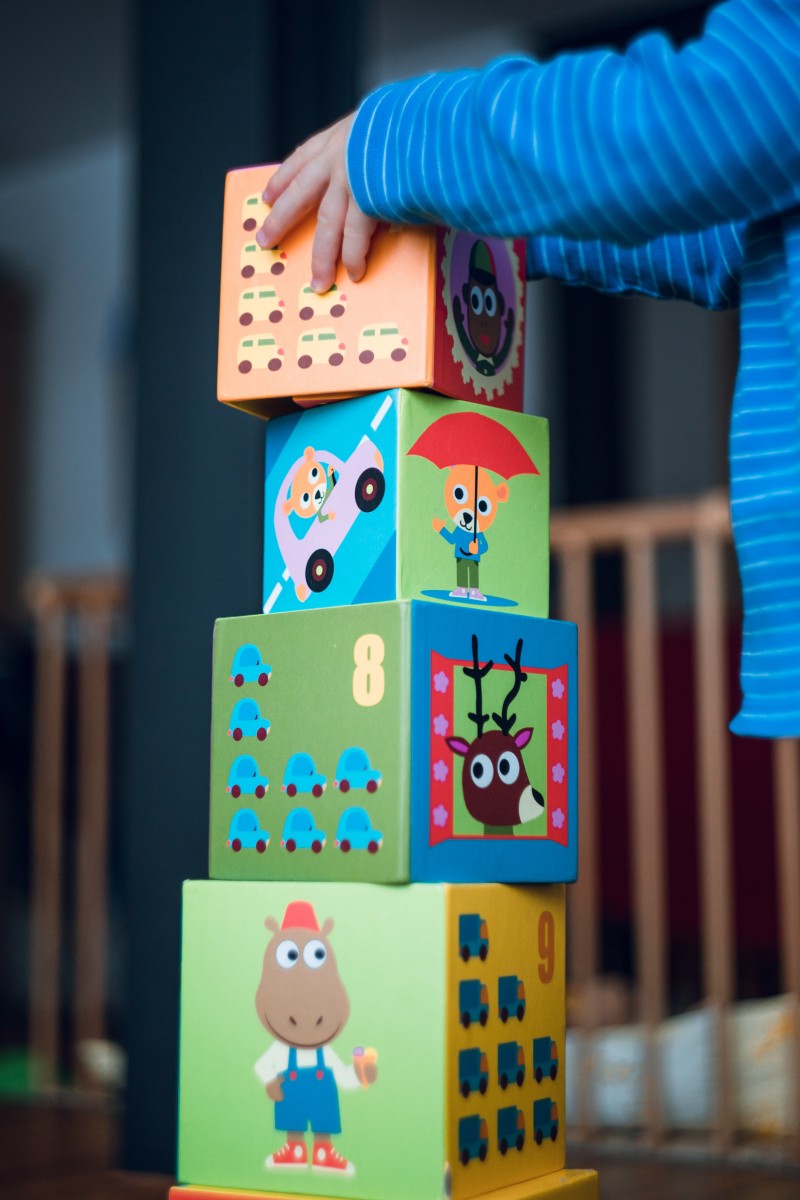
Kickstarter successful!
May 1, 2018How to learn a language with your kids for your holiday
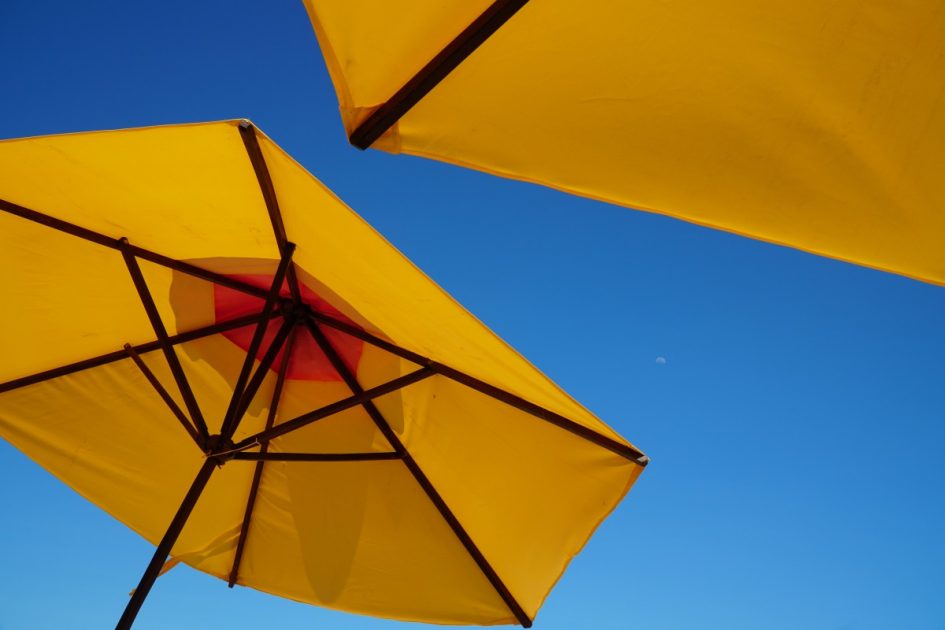
Do you want to learn a language, but always find yourself losing focus and motivation? Would you like your kids to learn a language but just can’t seem to get them interested? If you’re going abroad these school holidays, then that’s the perfect motivation to kick-start your language learning. But how do you get to a position where you can use the language in a practical way without spending hours and hours in classes (and spending lots of money)? At Little Linguists’ Library we’re all about helping you become a language-learning family, so here are our 5 steps for you and your family to learn a language for your holiday.
1. Identify why you’re learning the language

If you’re learning the language for a holiday, you’re unlikely to need to talk about your favourite TV shows or talk about what colour eyes your cousin’s guinea pig has. You’re most likely going to want to be able to use the language to help you to do one or more of the following:
- Greet people
- Eat out
- Go shopping
- Get around the local area.
Talk to your children about what they might like to be able to do with the language on holiday and set ‘focus areas’ as a family. Once you’ve got the ‘why’ clear you’ll be surprised at how few words you really need to learn.
2. Start with the basics
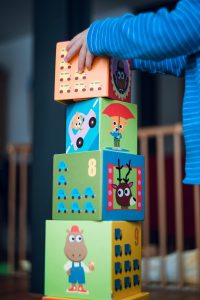
Photo by Marcus Spiske on unsplash.com
There are some basics you will need regardless of the ‘why’ you identified in step one. Everyday niceties such as ‘Hello’ and ‘Good bye’ and ‘Please’ and ’Thank you’ really help to cut the ice, even if they’re the only words you know in the language. In addition, you should also learn the following key phrases:
- ‘I would like’
- Your favourite drink
- Your favourite food
- ‘Where are the toilets?’
- ‘How much is it?’
- Numbers 1-20
- How do you say (insert English word) in (insert language)?
- ‘Does anyone here speak English?’ (for when you reach the limits of your local language skills only, of course!)
Try to use these basic phrases (in particular the greetings and ‘I would like’) at home as much as possible before you go. To make it more interesting, you may want to award a daily ‘language learning champion’ award to the child who has shown the most enthusiasm or effort that day (and continue this once on holiday).
3. Fill the gaps using your ‘focus areas’.

Your focus areas provide the foundation for working out what phrases you actually need to learn. Examples of the sorts of things you might need for the ‘focus areas’ we mentioned above include:
- Eating out – Key vocabulary includes the main meats and vegetables in the foreign language (so you can recognise them on a menu) and asking for the bill.
- Going shopping – Key vocabulary includes, ‘How much is…?’, ‘Do you have…?’, the words for the most common kinds of clothes and numbers 1-100.
- Getting around the local area – Key vocabulary includes ‘Where is…?’, most common types of place in a tourist town, ‘Left’, ‘Right’ and ‘Straight ahead.’
4. Practise for 15 minutes a day

Photo by neONBRAND on unsplash.com
This is a great thing to do as a family. You can use free online language learning resources like 17 Minute World Languages’ ‘30 most important words’ lists for vocabulary and YouTube and Omniglot to help with pronunciation. The most fun way of practising is role-playing the situations you’re likely to be in on holiday.
5. See the holiday as a starting point, not the goal in itself

Photo by Kolleen Gladden on unsplash.com
Use the language as much as you can while on holiday and ask how to say things if unsure. Most people will be happy to help and see your interest in their language as a sign of respect. Once you’re home, don’t just forget about your new language. Language learning is like a muscle – the more you use it, the stronger it gets.
What are your tips for learning a language for a holiday? What free resources do you recommend to help? Just let us know by leaving a comment below. Thanks!
